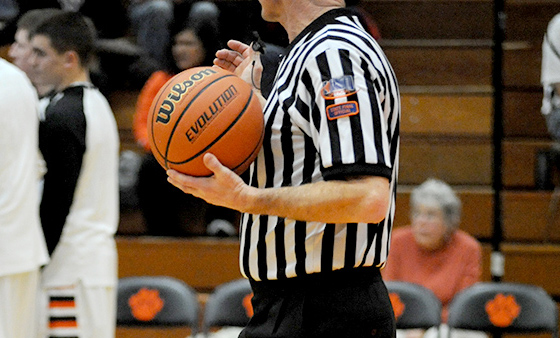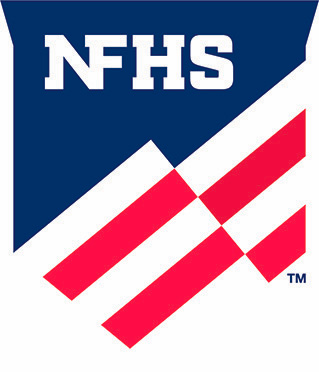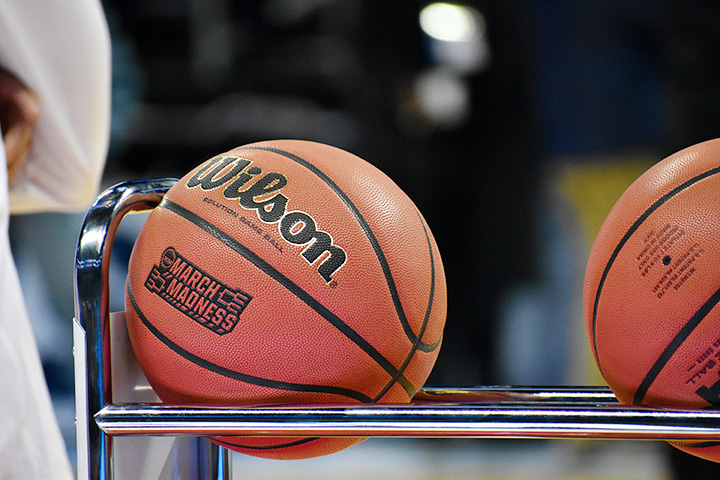Words matter: Helping your coaches communicate
While athletics isn’t the most important aspect of education, it’s easily the most visible. Coupling this fact with increased accountability, critical points of view, and community demands upon educational institutions, a few poorly expressed words from a coach can cause a problem.
 If a coach misspeaks or does a poor job communicating in any situation, the athletic director is sure to hear about it. Expect to have an email or phone message waiting in the morning as you walk into your office.
If a coach misspeaks or does a poor job communicating in any situation, the athletic director is sure to hear about it. Expect to have an email or phone message waiting in the morning as you walk into your office.
The following are a few situations in which carefully thought-out comments by a coach are absolutely essential.
» ALSO SEE: 16 lessons for guiding non-teacher coaches
• Exhibiting care and sensitivity have to be exercised when meeting with the players who have not been selected for the team at the end of tryouts. Considering the athletes disappointment and the emotions, which commonly may exist in these meetings, a coach needs to choose his or her words very carefully and understand the impact they will have.
• Making statements to the media, particularly after a tough loss, have to be carefully crafted. It’s much more advisable to ask for a minute or two to compose yourself rather than to carelessly blurt out a damaging comment. Also, thoughtless comments, even in victories, concerning opponents and their coaches, can become bulletin-board/motivational material.
• Understanding that regardless of how frustrated or upset a coach may be with athletes, foul or inappropriate language is not tolerated. Coaches need to remember that they’re working in an educational setting, and everything associated with the team has to be educationally based. This means providing clear explanations and positive encouragement whenever possible.
• Remaining calm, polite and professional in meetings with parents of individual athletes, regardless of their concern. Certainly, a coach should answer all questions honestly but also be as brief as possible and not provide an opening for additional fuel for complaints.
How do you go about helping your coaches with the previous situations and many others they may face in your scholastic athletics setting? The following are some well-established methods.
1. Preseason meetings.
Use your preseason staff meetings to educate your coaches and provide them with some valuable hints. In this meeting, present your school’s expectations for how the coaches need to represent the school.
If possible, provide several concrete examples for the situations previously listed and others that have frequently occurred at your school. Don’t leave things to chance. Prepare and share written materials to guide your coaches when communicating and representing your school.
2. Reminders.
Send out email reminders to your coaches prior to facing a huge rival contest, before hosting a preseason parents meeting, or before making the final team selections after tryouts. Being proactive and providing your coaches with guidelines ahead of time should prevent a number of problems.
3. Review written materials.
Request that your coaches provide you with a written draft of all printed material to review. This includes team rules, letters to parents, handbooks, programs and press releases. As a viable part of an educational institution, it’s important that everything offered to the public is grammatically correct and spelled properly. The credibility of the coach, department and school is at stake.
4. Offer guidelines.
Provide your coaches with specific written guidelines to prepare their comments for awards banquets. These directions should include the time allotment for each individual coach, the need to be positive and to avoid inside jokes.
5. Take a moment.
Recommend that your coaches take a moment to compose themselves and think before they react. Whether conducting practice sessions or coaching during games, emotions often run high. It’s difficult to overcome comments made in haste or anger. Coaches need to understand that words can hurt, infuriate and trigger reactions and problems.
6. Teachable moments.
Use teachable moments whenever possible. When you see an illustrative example of poor communication in the media from a coach at a neighboring school, or even from a national story, photocopy or forward an email attachment to your coaches. Your intent is not to be critical of another coach or school, but anything that can help your coaches to learn and improve is extremely beneficial.
7. Face-to-face meetings.
Schedule individual sessions with any coach who has repeated problems with communication. During these meetings, provide specific recommendations to the coach for improvement and strongly emphasize that future mistakes cannot be allowed. The image of a program or school can be easily damaged and it takes a long, concerted effort to repair it.
Impressions and opinions are often formed based upon what’s said and how it’s presented. Athletic directors play a large part in this process by educating and guiding their coaches. The better prepared your coaches are, the fewer problems you should have.
David Hoch, CMAA, has 16 years of experience as a high school athletic director and served for 12 years as the executive director of the Maryland State Coaches Association. In 2000, he was named Athletic Director of the Year by the Maryland State Athletic Directors Association. His column, A.D.ministration, focuses on issues in athletic administration and appears regularly in Coach & Athletic Director magazine.





